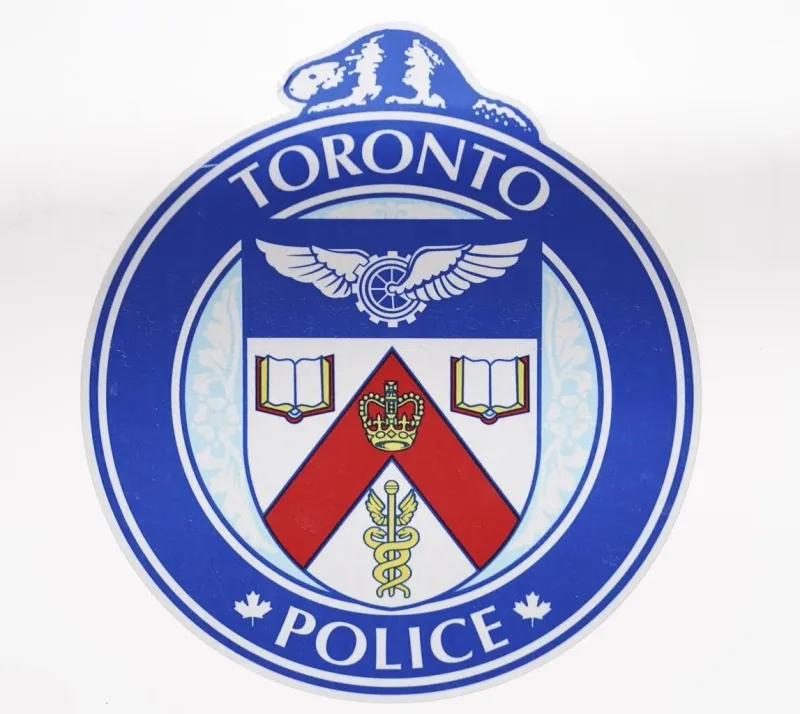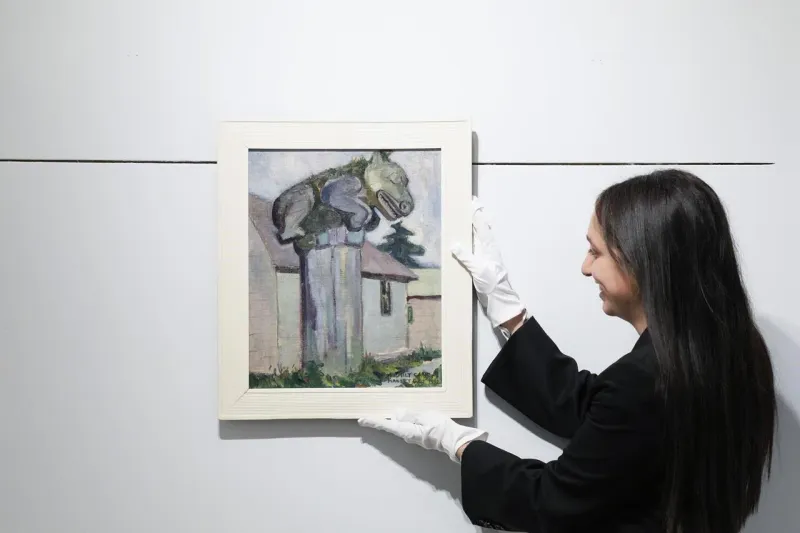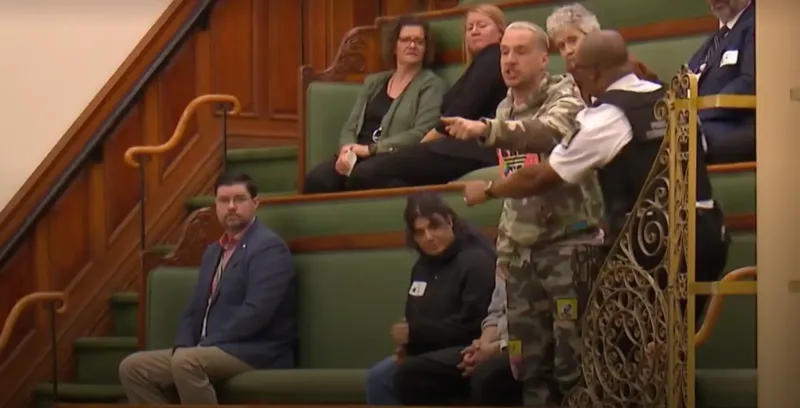Senior officer files rights complaint against Peel police
"He simply has not advanced as expected, which we believe is a direct result of his efforts to address equality issues within the service and the hostility those efforts have encountered," DiGiuseppe stated.

A South Asian police officer from Brampton has filed a human rights complaint against the Peel Police Services Board and the force's former chief, alleging racial discrimination and retaliation after testifying in a similar case a decade ago.
Insp. Raj Biring claims he endured "offensive racial slurs, derogatory statements, and a workplace culture that undermined and marginalized South Asian police officers," according to the human rights complaint obtained by CBC Toronto.
This is not the first time Biring has brought concerns about systemic racism within Peel police to the Human Rights Tribunal of Ontario (HRTO). Eight years ago, he testified in support of a colleague in a successful HRTO case also centered on racial discrimination within the police service.
Biring, who has been with Peel police for over 34 years, asserts that systemic discrimination against South Asian officers persists. He further alleges that he faced retaliation from the then-police chief after testifying in support of his colleague, including experiencing a hostile work environment and being denied promotions.
The complaint outlines negative effects on Biring's mental and physical health, and he is seeking $500,000 in damages, along with a promotion to superintendent, which he believes is rightfully his.
"He has been recognized and decorated for his work, but beneath the surface, he has faced reprisal and overt hostility," said Biring's lawyer, Stephanie DiGiuseppe.
Peel police have denied the allegations made by Biring.
According to the complaint, Biring began his career with Peel Regional Police in 1990 and was promoted to inspector in 2014. He has served in various units, including criminal investigation and homicide.
DiGiuseppe noted that Biring has worked to remove systemic barriers within the police service for people from diverse backgrounds. His efforts included contributing to diversity outreach, authoring a 2012 equal opportunity report, and joining the force's diversity support group.
In February 2016, Biring testified before the HRTO in support of Staff Sgt. Baljiwan Sandhu, another Peel police officer. Adjudicator Bruce Best ruled that Sandhu had been discriminated against based on his race when he was denied a promotion. Best stated that Sandhu's race was "indirectly" a factor, as his work in areas primarily addressing South Asian issues was "not highly regarded within the service."

During his testimony, Biring highlighted the undervaluing of diversity and South Asian policing within the service and recounted the use of racial slurs by others within the force.
Since testifying, Biring claims he has faced retaliation for speaking out. His legal team says he applied for the superintendent position eight times but was denied each time, most recently in July 2023. The complaint also alleges that he has been denied professional development opportunities as recently as April this year.
"He simply has not advanced as expected, which we believe is a direct result of his efforts to address equality issues within the service and the hostility those efforts have encountered," DiGiuseppe stated.
The HRTO has not yet heard the complaint, and responses have not yet been filed. Peel police spokesperson Richard Chin said the service denies the allegations and is committed to providing a respectful workplace for all its members. Chin added that Peel police will respond to the claim through the appropriate channels.
Robert Serpe, executive director of the Peel Police Services Board, declined to comment, citing the ongoing tribunal process. Tony Vantura, president of the Peel police's senior officers' association, also declined to comment.
The complaint also names former police chief Jennifer Evans, noting that she "was responsible for the supervision, training, direction, and control of police officers" until her retirement in 2019. The claim alleges that Evans sought to reprimand Biring and did so by taking control of the prosecution when he faced two misconduct charges under the Police Services Act, both of which he was eventually cleared of.
The allegations stemmed from a complaint made by a civilian police recruit about Biring's conduct during a 2016 interview. While Biring was initially convicted of one charge, his appeal was denied by the Ontario Civilian Police Commission in 2021. However, the following year, he was cleared of the charge after his abuse of process motion was granted.
DiGiuseppe described the experience of fighting the misconduct charges as "incredibly damaging personally and professionally," adding that despite being cleared, Biring "continues to face roadblocks to advancement."
CBC Toronto made multiple attempts to contact Evans but was unsuccessful. Chin, the police spokesperson, denied all allegations in Biring's claim, including those related to Evans.
Tandeep Sidhu, a sociology PhD candidate at the University of Waterloo who studies issues in policing, says Biring's complaint highlights a broader systemic issue within police culture. Sidhu explained that racialized officers often face pushback within their own services, with assumptions that they are promoted solely because of their race, a symptom of resistance to diversity, equity, and inclusion efforts.
Sidhu noted that racialized officers often remain silent due to the penalties associated with speaking out, which can lead to ostracization from the group for violating the insular culture of policing.
For real change to occur, Sidhu suggested that police services need to collaborate with researchers who can critically assess the force to identify and address issues.
DiGiuseppe said Biring hopes his complaint will lead to changes within the police service and is asking the HRTO to order an independent investigation into how Peel police handle complaints of retaliation by racialized officers.
"His motivations are not to harm the service but to improve it and the experience of South Asian officers," DiGiuseppe concluded.





